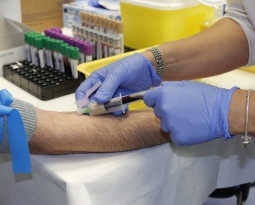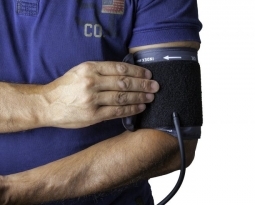Kentucky Patent of the Month – September 2022
The availability of accessible textbooks for the visually-impaired is an essential part of providing effective learning resources during school. Many textbooks that are required for educational courses are not offered in Braille due to the time, cost, and relative lack of demand for Braille versions. This can negatively impact learning and delays success in school for visually impaired students.
The American Printing House For The Blind (APH) is dedicated to providing accessible solutions for all students. Traditionally, converting textbooks to Braille could take a transcriptionist hundreds of hours due to the complexity of translating formatting, text organization, and images. While the National Instructional Materials Accessibility Standard (NIMAS) provides a source file format to print Braille versions of text materials, the XML markup does not fully describe the visual layout of the text and requires additional transcription for finished Braille versions.
APH has developed a novel software that contains an interface for transcribing and producing accessible textbooks and other text materials. A local file that may contain text data, a NIMAS file or EPUB files is inputted into the system. The software allows for direct ingestion of XML, creating a Braille set in a working XML document (e.g., a .xml file type, a proprietary file type such as *.bbx). This file includes content conversion, style and structure, and math conversion of the text. Modifications to this file can be updated in real time as the user saves the document. It can then be processed through an embossing machine to produce physical Braille work. The software produces this work quickly, efficiently, and preserves complex formatting of the text, making this the best option for producing accessible text material.
Are you developing new technology for an existing application? Did you know your development work could be eligible for the R&D Tax Credit and you can receive up to 14% back on your expenses? Even if your development isn’t successful your work may still qualify for R&D credits (i.e. you don’t need to have a patent to qualify). To find out more, please contact a Swanson Reed R&D Specialist today or check out our free online eligibility test.
Who We Are:
Swanson Reed is one of the U.S.’ largest Specialist R&D tax advisory firms. We manage all facets of the R&D tax credit program, from claim preparation and audit compliance to claim disputes.
Swanson Reed regularly hosts free webinars and provides free IRS CE and CPE credits for CPAs. For more information please visit us at www.swansonreed.com/webinars or contact your usual Swanson Reed representative.

















